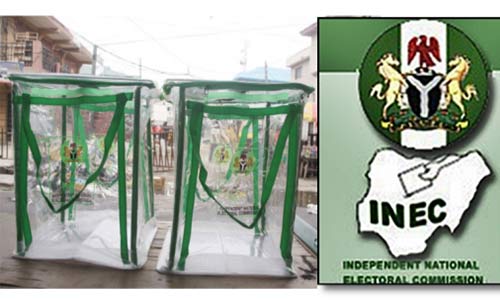By Moses Okorie
365Daily – The former chairman of the Independent National Electoral Commission (INEC), Professor Attahiru Jega, has advised the Commission to challenge the National Assembly in court for voting against electronic transmission of election results in the Electoral Amendment Act proposed by the National Assembly, if it is not reversed. He said INEC as an independent body cannot be subjected to the whims and caprices of whether the executive or legislature in delivering transparent election.
The former INEC Boss stated this when he was granted interview on Monday morning by the African Independent Television (AIT), which was monitored by 365Daily in Abuja.
Jega insisted that the INEC has the capacity to transmit election results electronically as against the positions of the National Assembly and the Nigerian Communications Commission (NCC), which opposed the move.
“I think the question we should be asking is what to do more on our infrastructure and facilities. We still have more two years towards 2023. It is not to say we don’t have the capacity and we are not even going into it. We can say the National Assembly did not carefully think about it before jumping into conclusion”.

The former INEC chairman said he hoped the National Assembly would review their earlier decision that the body can only embark on electronic transmission of result with the approval of the NCC and the National Assembly.
He said INEC is an independent electoral umpire and cannot be placed under an agency that is under a minister who is under the president, to determine on whether or not to embark on electronic transmission of result.
Jega said his commission has used the Edo and Ondo states governorship elections to test run the electronic transmission of result process, and it has turned out to be the best way to go in order to restore the confidence of Nigerians on the electoral system.
“The fact that you cannot deploy electronic transmission of result 100 per cent doesn’t mean it cannot be done, provided there is no country that uses electronic transmission of result 100 per cent. So long as you can do it 80 to 90 per cent, the remaining part can still be done manually.
“By doing this, you have improved your electoral system remarkably both in terms of speed and elimination of interference by 80 to 90 per cent. This argument that it has to be 100 per cent before we use it does not arise”, he argued.